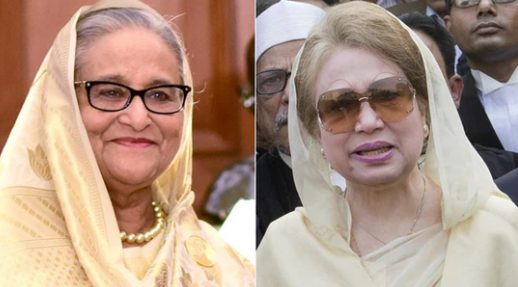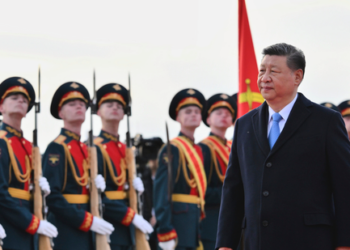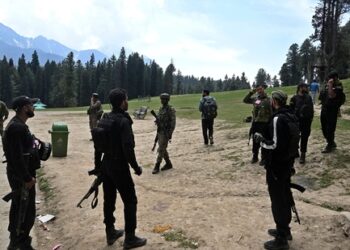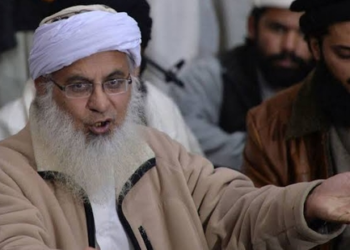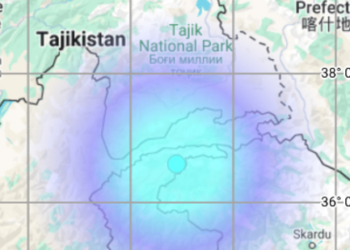Khaleda Zia, the former Prime Minister of Bangladesh and a longstanding rival of current Prime Minister Sheikh Hasina, is set to be released from jail, marking a significant development in the nation’s political landscape.
Zia, 78, has been imprisoned for the past several years on corruption charges that her supporters argue were politically motivated. Her release follows growing domestic and international pressure, as well as a series of legal battles aimed at securing her freedom.
The decision to release Zia comes at a time of heightened political tension in Bangladesh, with the upcoming national elections expected to further intensify the rivalry between her Bangladesh Nationalist Party (BNP) and Hasina’s Awami League. Her release is anticipated to bolster the BNP’s position and potentially reshape the dynamics of the forthcoming election.
Throughout her imprisonment, Zia has remained a symbol of resistance for her supporters, who view her as a victim of political persecution. Critics, however, maintain that her release is a strategic move by the government to mitigate unrest and address international concerns about human rights and political fairness.
As Zia prepares for her release, both her supporters and detractors are bracing for the impact it will have on Bangladesh’s political scene. The international community is closely watching the developments, with hopes that Zia’s return to the political arena could lead to a more inclusive and balanced democratic process in the country.


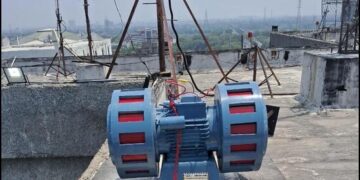

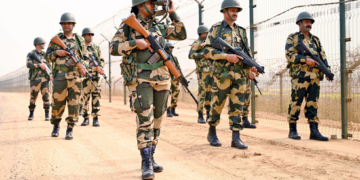
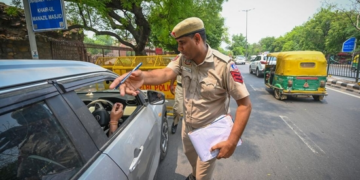

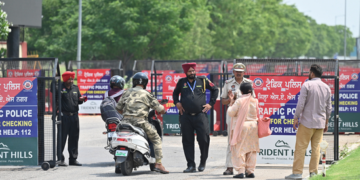
 India
India
